Talking about race with my kids
My son was in 5th grade when I asked him which box I should check on a form that requested his race and ethnicity. He confidently said, “I’m Mexican.”
I was prepared for that. Kind of.
I was prepared enough to stay quiet and not question him. But I wasn’t prepared for my own inner dialogue as I wondered, “But what about American? What about me?” I wasn’t expecting to have feelings about it and now, writing it out is pretty embarrassing. At that point in my life, I hadn’t reflected on my white identity or my own white fragility to the extent I have now. I wrongly assumed my kids would grow up to identify as half Mexican and half American. Like they aren’t “whole” anything? I was clueless. I still am. But thankfully, I’m less clueless now.
The ironic thing is that I was raised half and half: half Jewish and half Catholic. I will never forget the unexpected moment that I was not prepared for when my 3rd grade friend asked me which one I was, Jewish or Catholic. Innocently, I answered, “I’m both.”
She replied, “You can’t be both. You can only be one or the other.”
I don’t recall the rest of the conversation but I’ll never forget the bewilderment of someone telling me who I could or couldn’t be.
Flashing forward to my son telling me he was Mexican and me wanting to correct him showed me how conditioned I was to put people in boxes, identifying them in a way that makes sense to me even if it completely disregards the person’s own identity.
The question, “How do you self-identify?” is a powerful question. My son might be identified as white but he identifies as Mexican. He does have incredibly light skin. I might be identified as Christian with my blue eyes and freckles, but the question is, “How do I self-identify?”
It is one of the many conversations I didn’t have growing up that I was now determined to have with my family. It is the kind of conversation that leads to other challenging discussions about biases, stereotypes, and racism. It can be a respectful, compassionate and considerate conversation. Or not.
I am not kidding when I tell you that one of my children went through a phase when he would call me a racist every time I asked him to put on his black sweatshirt or his white socks. Racism was top of mind for him and yet hadn’t been on my radar. Judge me all you want, I’m just keeping it real.
Race, identity, white privilege are all conversations that had been missing from our dinner table until I was aware enough to acknowledge my own whiteness. I have learned to have the conversations. I’m not always good at it. Sometimes my attempts fail miserably but I won’t stop trying. I won’t stop practicing because courageous conversations lead to courageous actions and we need to break this cycle. The cycle of white silence. The cycle of racism, oppression, and ignorance.
Now that we have them more often and I speak up on a regular basis, white friends have started to confide in me. They say they don’t know HOW to talk about race. I get it. I do. And I’ve finally created something that I hope will help. I’ve put together conversation starters that give parents resources to review or a homework assignment around a specific topic and then guided questions they can ask their teen to open up a conversation. I’m incredibly excited about this and there is a LOT more info here.
This is set up as a Conversation Challenge for parents who want to talk about race with their teens. It’s free! It is not easy, but it also isn’t too hard. The hard part is likely the discomfort. You’ll be okay. I’ll be here to walk you through it. And I’ll push you. Because it’s time. Please consider it. If you don’t have teens, perhaps you know someone that you think will benefit from this challenge and you can share it. The challenge begins October 1st.

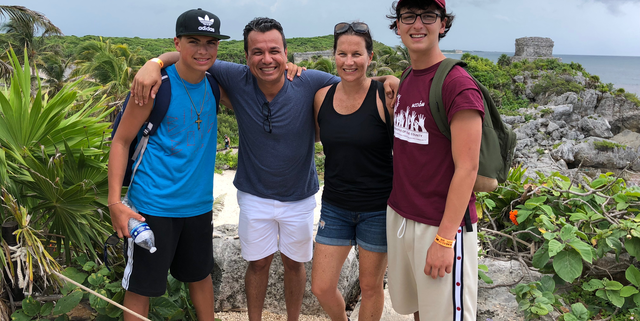
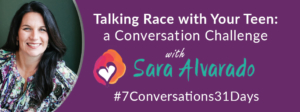

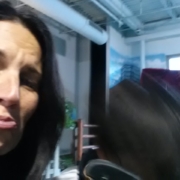

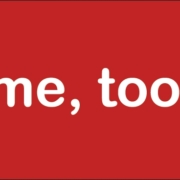
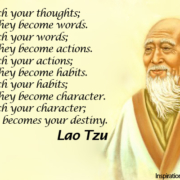
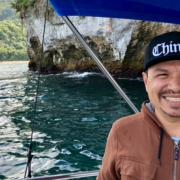

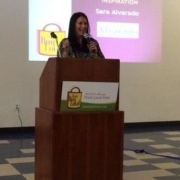


Leave a Reply
Want to join the discussion?Feel free to contribute!